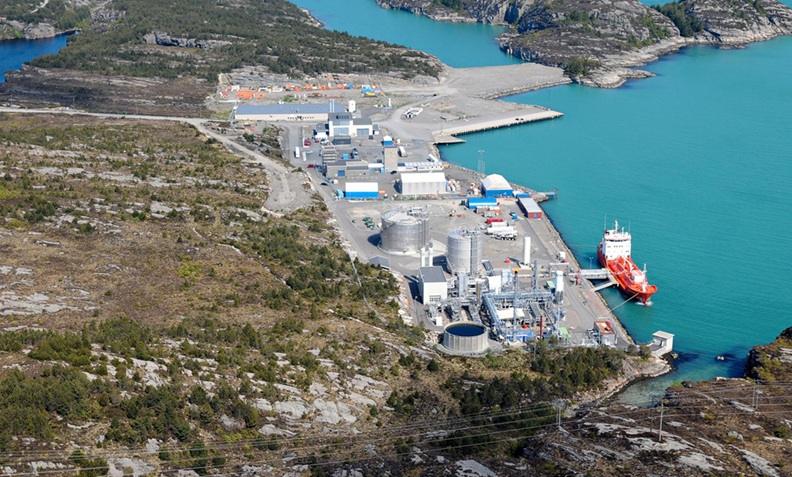Siemens Joins Multiple Sustainability Initiatives, Including RE100, SBTi
Multinational industrial and technology powerhouse Siemens announced today that it has joined a series of sustainability initiatives, including the Climate Group’s RE100, EP100 and EV100, and the Science Based Targets initiative (SBTi).
The Climate Group is an international non-profit, focused on collaborative programs with corporate and government partners that deliver impact on a global scale, with the aim of delivering a world of net zero greenhouse gas emissions and greater prosperity. Its initiatives include RE100, bringing together large and ambitious businesses committed to 100% renewable electricity, EP100, aiming to lower global energy demand and accelerate the clean energy transition by bringing together energy-smart companies improving their energy productivity, and EV100, committed to accelerating the transition to electric vehicles.
SBTi was formed as a collaboration between CDP, World Resources Institute (WRI), the World Wide Fund for Nature (WWF), and the United Nations Global Compact (UNGC), with the goal to establish science-based environmental target setting as a standard corporate practice.
Siemens has set a series of sustainability goals aligned with each of these initiatives, including 2030 targets to have electric vehicles account for 100% of its fleet, own or lease only buildings that have net-zero carbon emissions, source 100% renewable power, and achieve a 20% reduction in supply chain emissions. The company also stated that it has committed to a science based emissions reduction, setting a 1.5 C target.
Judith Wiese, CHRO and Member of the Managing Board responsible for Sustainability, Siemens AG, said:
“We recognize that sustainability must be the foundation of our way doing business and that we have an even greater impact through our customers’ operations.”
Mike Peirce, Corporate Partnerships Director, Climate Group, added:
“As a global technology powerhouse, Siemens is well positioned to drive solutions on electrification, automation and digitalisation to help accelerate the clean energy transition. I’m delighted that they are addressing their own operations too – through renewable power, smarter energy use and electric transport.
“Science shows we must halve global emissions by the end of this decade, and this is corporate leadership across three opportunity areas that will inspire many others to follow suit.”





